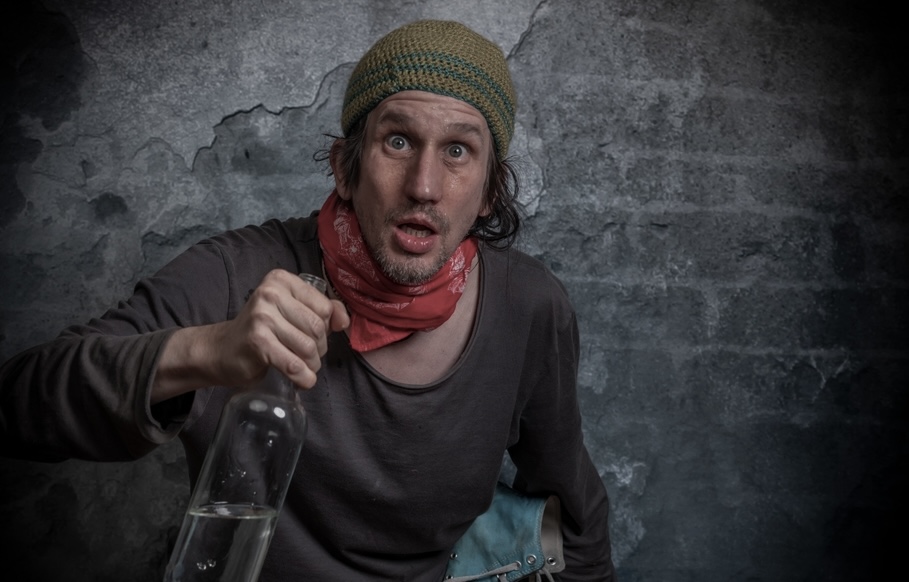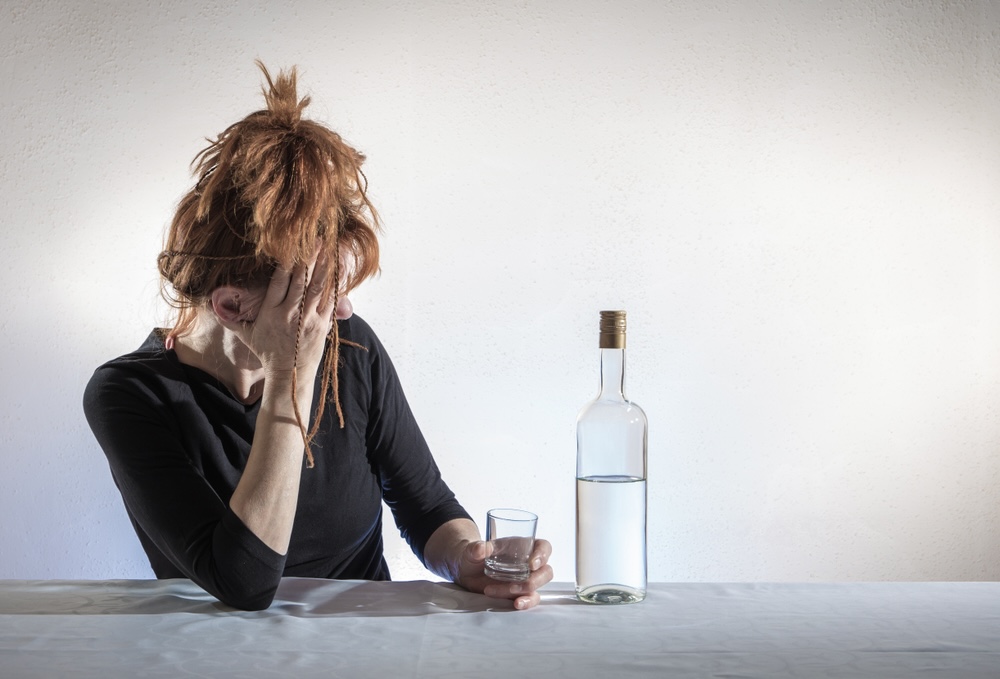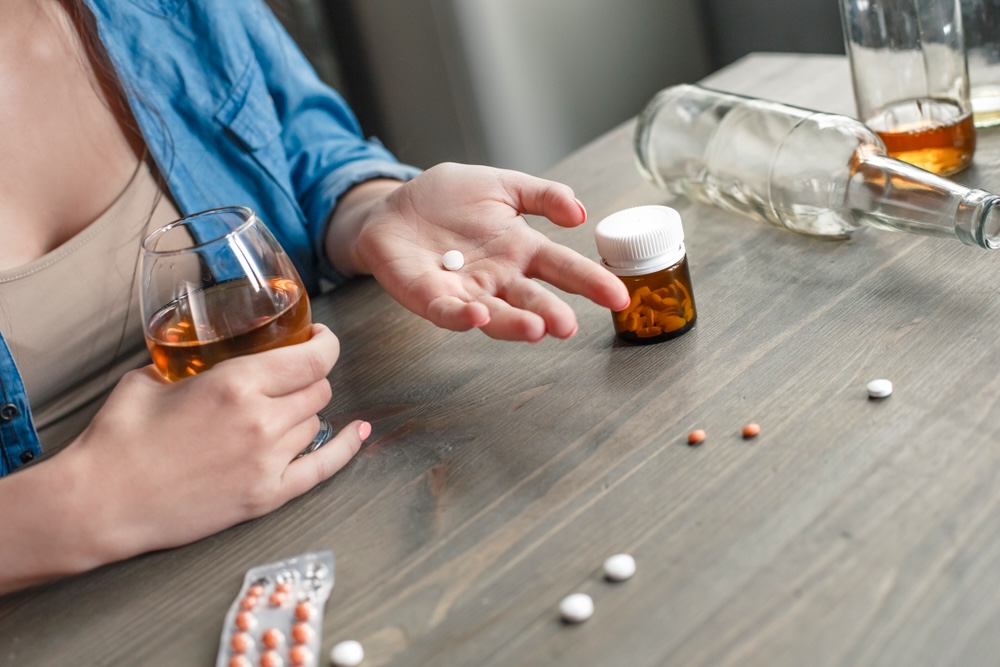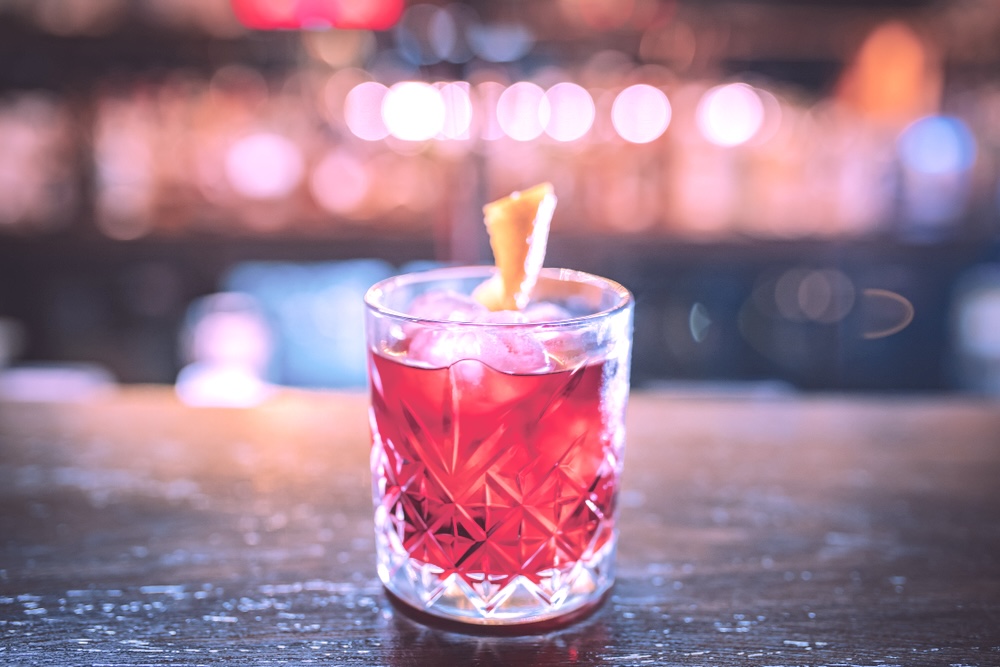Maybe you’ve noticed yourself reaching for vodka more often, or you’re concerned about how it’s affecting your life. Understanding the risks of alcohol dependence is important, especially if you’re unsure where the line between casual drinking and addiction lies.
You might be asking yourself right now, “Can I get addicted to vodka?” or perhaps just “How many shots of vodka to get tipsy?” These are questions many people wonder about when they drink, especially if they’re trying to control their alcohol intake.
This blog will help you figure out what you need to know about vodka and its effects on your body. We’ll talk about its alcohol by volume (ABV), how many shots of vodka it usually takes to feel the effects of alcohol, and even when you cross the line from being tipsy to drunk. Plus, we’ll cover the dangers of overdrinking and what to do if vodka is becoming a bigger issue in your life.
What Is the Alcohol Content of Vodka?
Vodka is known for its high alcohol by volume (ABV), which generally hovers around 40%. That means 40% of the liquid is pure alcohol. This makes it a strong type of drink compared to beer or wine. However, vodka’s alcohol content depends on its brand and type, with some premium vodkas reaching 50% or more.
Because of this high amount of alcohol, it doesn’t take too many shots of vodka for you to start noticing its effects. Each shot, which is typically 1.5 ounces, is considered one standard drink. But how quickly you start to feel tipsy depends on personal factors. Factors include your weight, metabolism, and whether you’re drinking on an empty stomach.
If you aren’t careful, the concentrated alcohol content of vodka can sneak up on you. It’s easy to lose track of how much you’ve had, especially if you’re mixing it into cocktails. Always keep in mind how potent vodka really is.

How Many Shots of Vodka to Get Tipsy
The number of shots of vodka it takes to feel tipsy varies for everyone. For most people, it can take about 2 to 3 shots to notice a buzz. If your body is smaller or you rarely drink, it might only take 1 shot to feel the effects of alcohol. People with higher tolerance might need more than 3 shots.
One key factor is whether you’re drinking on an empty stomach. On an empty stomach, alcohol enters your bloodstream quicker, meaning you’ll feel tipsy faster. Your weight, gender, and how frequently you drink also matter. Women often get drunk faster than men because of differences in body composition and metabolism.
It’s also important to stay hydrated. Alcohol dehydrates your body, which amplifies the effects and can leave you feeling worse later. Drinking water between shots can help slow the absorption of alcohol and keep you in control.
How Many Shots of Vodka to Get Drunk
If you’re wondering how many shots to get drunk, this is where things get serious. Most people reach a blood alcohol content (BAC) of 0.08% which is the legal driving limit in the U.S., after about 3 to 4 shots for women and 4 to 5 shots for men. Reaching this 0.08 BAC can lead to impaired judgment and coordination, so you’ll definitely start to feel drunk.
But remember, this is just an average. Some people might hit 0.08 BAC faster depending on their tolerance, weight, and how much food they’ve eaten. Drinking quickly increases your blood alcohol concentration, making it even more dangerous. Past 5 shots in a short time, you’re at risk of alcohol poisoning, which can be life-threatening.
It’s crucial to drink responsibly. Once you’re drunk, your ability to make safe choices drops. Avoid driving or operating machinery, and always have someone around who can help if you’ve had too much.

Can I Get Addicted to Vodka?
Yes, vodka and other types of alcohol can become addictive over time. If you find yourself relying on vodka to relax, socialize, or have fun, it could indicate a problem. Regular alcohol consumption changes your brain chemistry, making it harder to stop after a while. This is why some people find it nearly impossible to quit drinking on their own.
Vodka’s high alcohol by volume (ABV) also makes it easier to drink more than you planned. Over time, your body builds tolerance, meaning you need even more to feel the effects of alcohol. If this sounds familiar, you might need help managing your drinking habits.
Best Alcohol Addiction Rehab in Lake Forest, CA
If vodka has started to take control of your life, getting help is key. Zoe Behavioral Health offers professional support for those struggling with alcohol dependence. Our tailored programs can guide you toward recovery in a safe, understanding environment where you can rebuild your life. Reach out today to learn more about treatment options.


